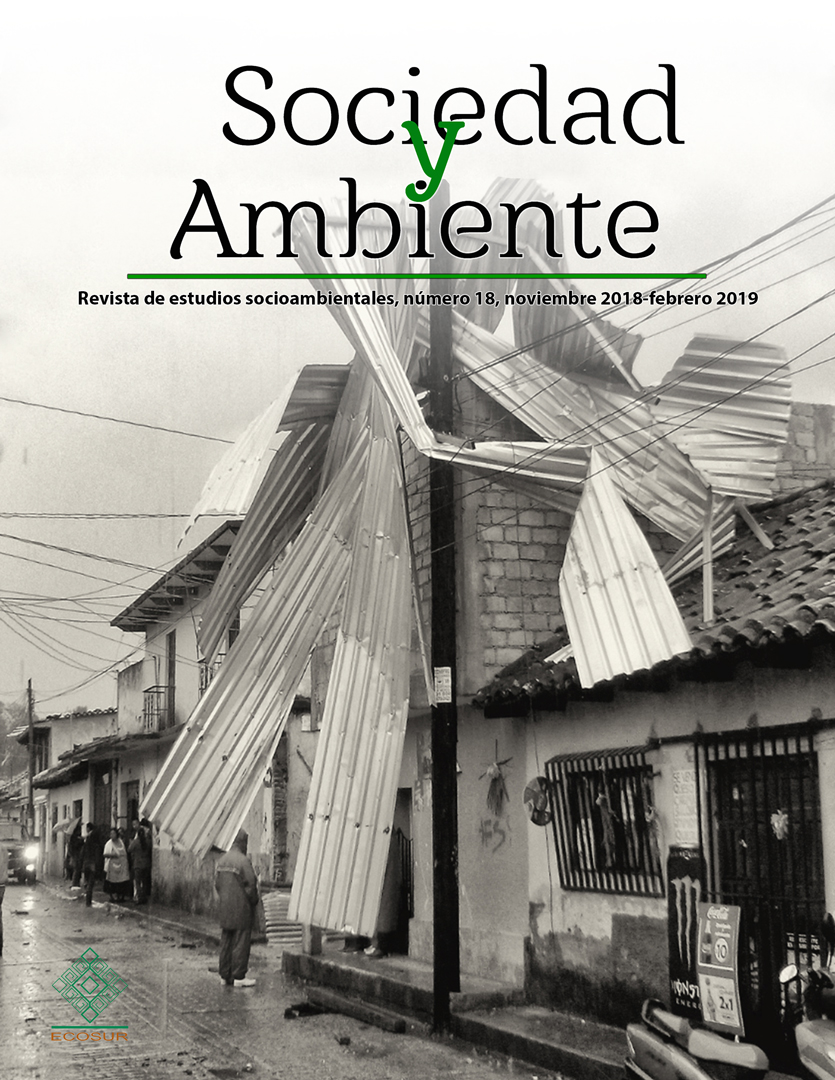Abstract
The objective of the study was to analyze the processes that affect the adoption of trees in livestock production areas. Ten cases of cattle producers, adopters and non-adopters, recognized as advanced in livestock management, in four regions of the State of Chiapas, Mexico were analyzed. A participatory, integral analysis was undertaken, considering environmental and social factors, and those related to the personal experiences of producers, which affected their behavior. Their perceptions, knowledge and attitudes reflected the intentions underlying their behavior. Non-adopters intentionally kept their paddocks treeless, primarily because of their perceptions of the benefits of conventional livestock, promoted by government programs and favored by the market. There were sensitized adopters (with ecological awareness and knowledge of the agroecological benefits of trees) and those who were sensitized after receiving training. Economic incentives encouraged adoption in the short term. Sensitized adopters resisted external negative influences and were interested in acquiring tree management skills. Government laws on slash and burn and logging limited adoption, unlike community norms. Tolerance of natural regeneration was sufficient to increase the tree cover of productive units, although active planting fostered diversification with the desired species.

Sociedad y Ambiente by ECOSUR is licensed under a Creative Commons Reconocimiento-NoComercial-SinObraDerivada 2.5 México License


